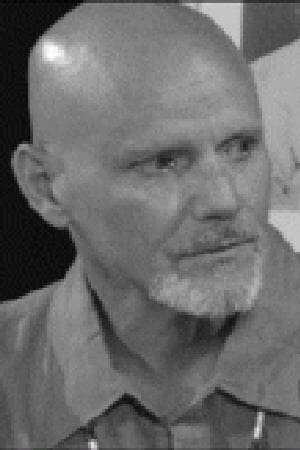Steve Solberg
Steven Solberg began in film in the heyday of San Francisco’s 1970s counterculture, hot on the glittering high heels of Stonewall. He co-starred in the legendary 1970 counterculture surrealist film, Luminous Procuress (now in the Whitney Museum of American Art collection), directed by Steven Arnold. Solberg went on to work with many of the leading artists and filmmakers of the avant-garde movement. As a scenic designer and actor in Los Angeles from 1981- 1983 his credits include the scenic design for the LA County Art Museum’s Leo S. Bing Theater premiere of Luciano Berio’s Laborintus II, the world premiere of Eugene Ioneso’s Tales for People Under the Age of Three at Stages Theater Center, The LA premiere of Sam Shepard’s The Unseen Hand, Murray Mednick’s The Hunter and numerous other productions. In response to the devastating toll of the early AIDS epidemic and the necessity for a more stable and dependable livelihood following recovery from his own drug and alcohol addiction, Steven moved into the field of front-line social services. From 1998 – 2005 Steven incorporated art therapy in HIV Education and Prevention services for the Van Ness Recovery House Prevention Division and AIDS Project Los Angeles, and co-founded the Los Angeles Gay Men’s Medicine Circle with Dr. Donald Kilhefner where he developed curriculums and taught workshops such as “Seeing In The Dark: An Introduction to Queer Shamanism.” For the past couple of years, now, Solberg has been working on a documentary about GLBTQ elders, aging and spirituality. Robert Croonquist a frequent contributor to White Crane and an associate producer of David Weissman and Bill Weber’s The Cockettes documentary put it this way: “It is an important movie. I want very much to see this movie come to light. Word is Out told the story of my birth as a Gay man. The Cockettes told the story of my youth. Standing on the Bones of Our Ancestors tells the story of my adulthood.”
